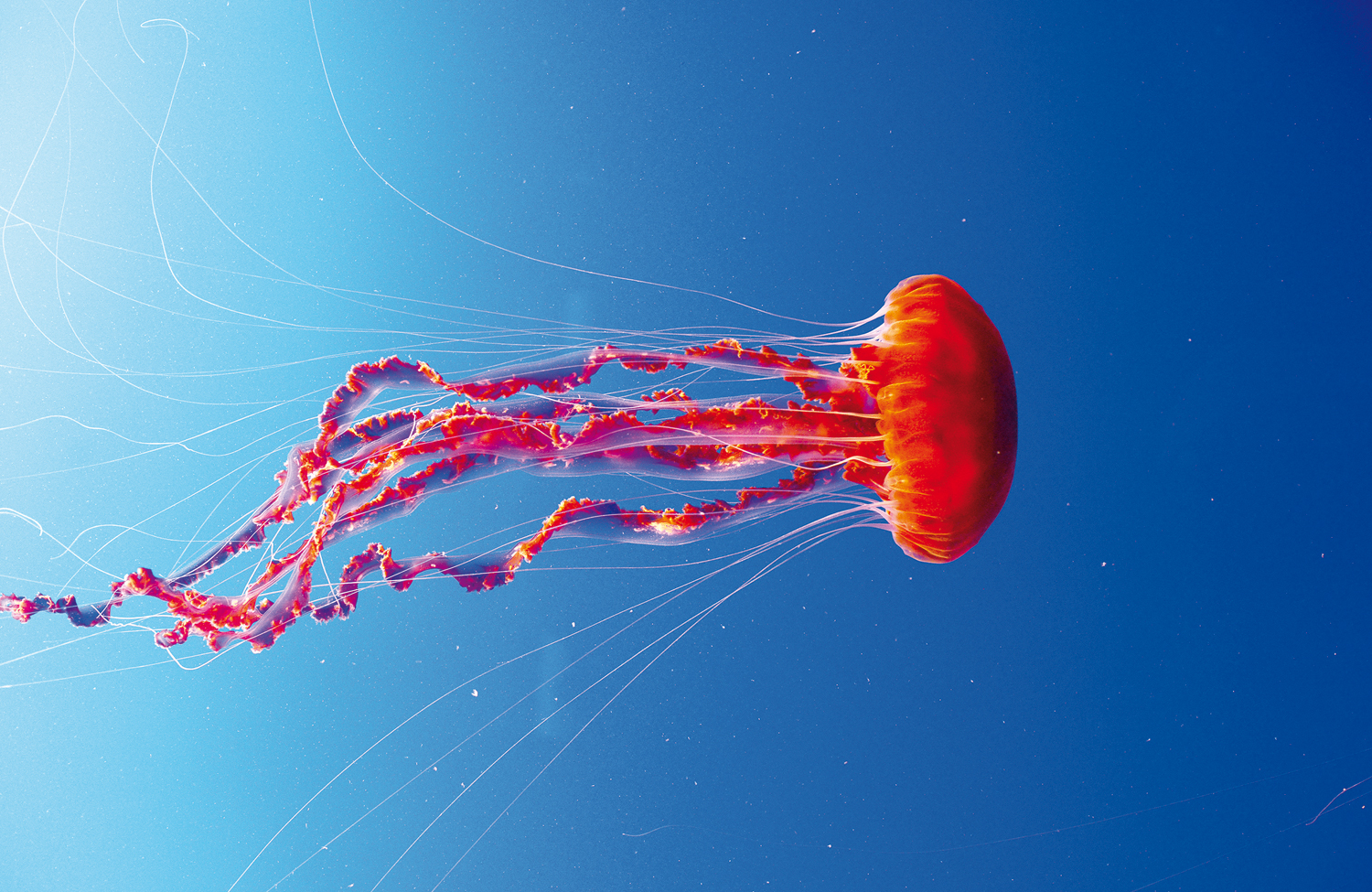

Several beaches in eastern Australia have been closed due to a spike in jellyfish stings, officials said on Sunday. Authorities closed several beaches in Queensland, including the popular tourist destination of Coolangatta, after lifesavers treated 476 blue bottle stings in the state’s Gold Coast and 461 in the Sunshine Coast on Sunday alone.
“Unusually strong wind conditions are causing blue bottles to come closer to shore. If stung, remove stingers, take a very hot shower and apply ice,” Surf Life Saving Queensland (SLSQ) said on Twitter on Sunday.
Blue bottles, also known as Portuguese man o’ war, are a common visitor to Australian eastern beaches during summer. Their sting is not fatal most of the time, but can cause serious pain.
According to SLSQ, more than 13,000 blue bottle stings were treated by lifesavers and lifeguards across the state in the past week.
The number of blue bottle stings has increased this Australian summer, which began in December, with more than 18,000 stings recorded last month in Queensland, compared to some 6,000 in the same period last year.
Meanwhile, after several reported attacks by deadly Irukandji jellyfish, surf lifesavers began conducting sweeps at Fraser Island, on the southern end of the Great Barrier Reef.
A man and a woman were the latest to suffer from Irakundji stings on Saturday evening. They were taken to hospital by helicopter but were then discharged on Sunday, SLSQ said.
The group also said more than 20 people have been taken to hospital with suspected Irukandji stings in Queensland this summer, almost double the average over the past 10 years. — DPA
Subel Bhandari
Oman Observer is now on the WhatsApp channel. Click here



